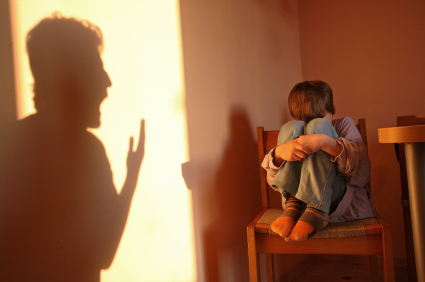Employment Rights for People with Bipolar Disorder
“Society’s accumulated myths and fears about disability and disease are as handicapping as the…limitations that flow from actual impairment.”
—US Supreme Court
Attorney Katharine Gordon has provided some information on legal rights under the ADA.
When we think of the Americans with Disabilities Act (ADA), we might think of physical modifications to buildings, expensive lawyers, and complicated trials. But this law also gives people with bipolar ways to get fair treatment in the workplace. By learning a bit about your employment rights under this law, you can focus on excelling in your chosen career, rather than being sidetracked by ignorance, stereotypes, and stigma.
Here are a few things that you may not know about bipolar disorder and the ADA:
It is now clear that people with bipolar disorder are protected under the ADA in employment. Prior to 2008, there was often a battle of the experts to prove that a person with bipolar disorder had a severe enough impairment to be protected. This discouraged many from asking for their rights to be respected under this law in the first place. Unfortunately, companies would fire people for having bipolar disorder and then, in next breath, argue that bipolar wasn’t a real disability therefore it was legal to fire people for reasons related to their bipolar disorder.
This changed with the passage of the Americans with Disabilities Act Amendments Act of 2008, which made it easier to establish disability. The Equal Employment Opportunity Commission, the agency responsible for enforcing this law, has made it clear in official regulations that bipolar should generally be covered as a disability for the purposes of protection in employment: “It should easily be concluded that the following types of impairments will, at a minimum, substantially limit the major life activities indicated:…major depressive disorder, bipolar disorder, post-traumatic stress disorder, obsessive compulsive disorder, and schizophrenia substantially limit brain function.” 29 C.F.R. § 1630.2(j)(3)(ii), (iii).
Job applicants should never be asked whether they have bipolar disorder (or any other disability) until a conditional offer has been made. Read more
U.S. Patients with Bipolar Disorder Have More Stressors in Childhood and Prior to Illness Onset
In research published since 2008, our Editor-in-Chief Robert M. Post and colleagues in the Bipolar Collaborative Network have compared patients with bipolar disorder in the United States to those in Germany and the Netherlands. Compared to the European sample, patients in the US have more genetic vulnerability to bipolar disorder (by having a parent with bipolar disorder), earlier onsets of their illness, more complicated courses of illness, greater treatment resistance, and more medical comorbidities. Patients in the US also have more psychosocial stress.
The researchers are now turning their attention to these psychosocial vulnerabilities, and in a new paper that will be published in Psychiatry Research (late in 2013 or early in 2014), the authors show that patients in the US had more stressors both in childhood and just prior to the onset of their illness. Childhood stressors analyzed in the study were verbal abuse, physical abuse, and sexual abuse. Stressors in adulthood included indicators of a lack of social support, troubles with finances or employment, lack of access to health care, and medical comorbidities.
The stressors patients experienced just prior to their most recent episode of bipolar illness were related to: stressors in childhood, an earlier age of illness onset, anxiety and substance abuse comorbidity, lower income, both parents having an affective illness such as depression, and feeling more stigma.
The new research suggests that for patients with bipolar disorder in the US, adverse life events in childhood and later in life are more prevalent than they are for patients in the Netherlands or Germany. Earlier and more effective approaches to these stressors, such as the Family-Focused Therapy developed by David Miklowitz and Kiki Chang, could potentially slow the onset or progression of bipolar illness in this country.



